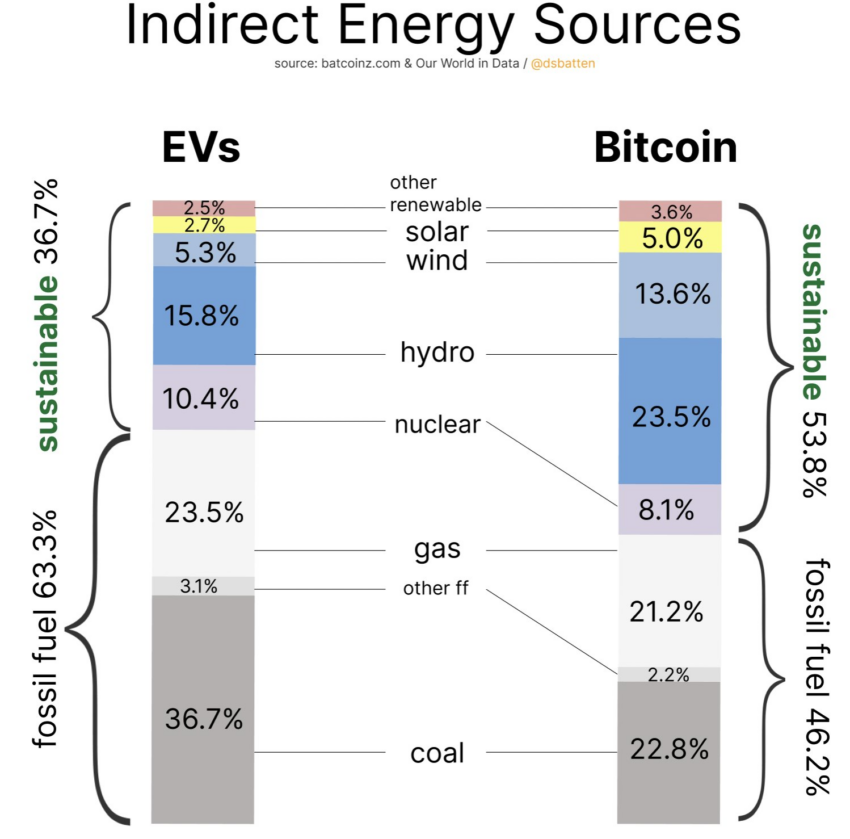From the Bitcoin Policy Institute, Margot Paez critically responded to the United Nations University’s study on Bitcoin mining energy, examining the report critically and revealing significant shortcomings. Paez’s detailed critique, titled Brandolini’s Law at Work: An Analysis of the United Nations University’s Study on Bitcoin Mining, is an important call for maintaining integrity in scientific research in the field of proof-of-work cryptocurrencies.
Prominent Figure Responds to UN Study
The analysis penned by Paez reveals a disturbing trend in the UN study; relying on old and biased sources. This issue is particularly critical when examining the impact of Bitcoin mining and its energy consumption. The study’s failure to integrate recent developments, such as Bitcoin mining’s potential to support energy stability and promote renewable energy, distorts its results and could potentially misguide policy decisions.
Paez also criticizes the study’s methodology for forecasting future data trends without considering the dynamic nature of the industry. This approach risks misunderstanding the complexity of Bitcoin mining technology.
Noteworthy Details on the Subject
Contrary to these flawed perspectives, evidence pointing to advancements in sustainability within Bitcoin mining is increasing. Innovative approaches such as hydro-cooling facilities and the use of waste gas flaring are charting a more sustainable course for the industry. Industry analyst Daniel Batten addressed this topic in March 2023:
“Even as hashrate and electricity consumption increase, network emissions are trending downward. Miners transitioning to sustainable energy is a major driving force.”

Research from Cornell University shows how Bitcoin mining activities can enhance the viability of wind and solar energy projects in their early stages, thereby reducing environmental impacts and generating revenue for future renewable projects.
Additionally, industry research points to the positive role of Bitcoin mining in electrical grid management. Its ability to quickly adjust load and its interruptible nature can significantly contribute to grid resilience. This also facilitates the integration of renewable energy sources.
In summary, Paez’s review aims to correct issues directed at the research and ensure a more accurate understanding of Bitcoin mining. It advocates for the need for transparent and collaborative research that bridges the gap between the renewable energy sector and the Bitcoin mining community.









